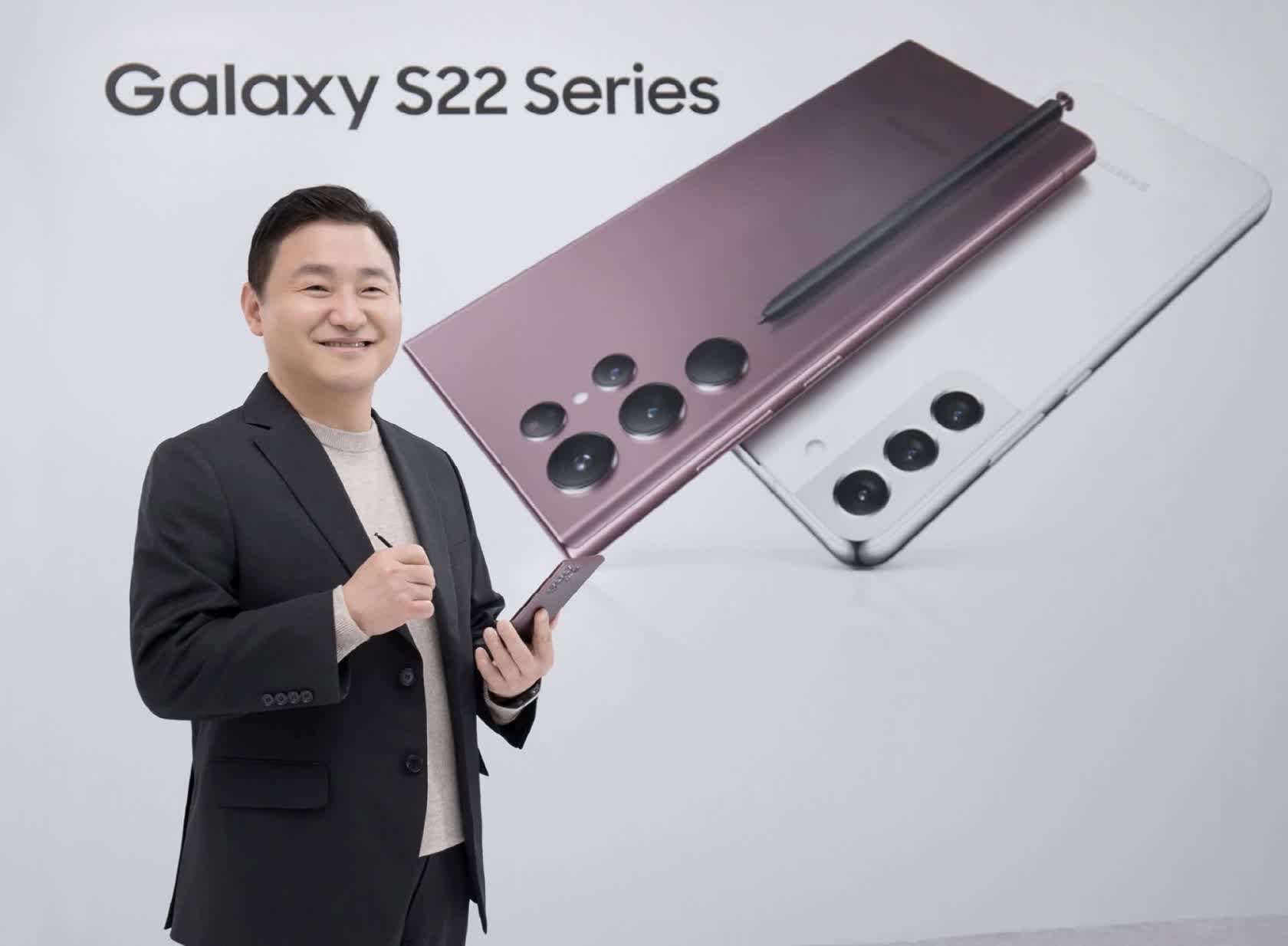vannvicente
Posts: 12 +0
Bottom line: Earlier this week, users discovered that Samsung was throttling thousands of apps on its flagship Galaxy S series phones, including its latest Galaxy S22, while conveniently excluding popular benchmarking tools like Geekbench. In response, the developers behind Geekbench have banned the last four generations of Samsung Galaxy devices from its services for manipulating benchmark results.

Thermal throttling on phones is nothing new. Most modern devices throttle when their processor becomes dangerously hot, which helps prevent overheating and maintains the battery's longevity. However, following the recent launch of the Samsung Galaxy S22 series, we reported that several users on Twitter and YouTube noticed that the built-in Game Optimizing Service (GOS) was pre-emptively slowing down common apps without an option to turn off the performance reduction.
This was corroborated by S22 owners on Korean social networking sites and forums, who noticed that apps were loading slower than expected.
Despite ostensibly being a "game" optimizing service, users have noticed that only a third of the titles on the list are games, with the rest being standard apps. There are roughly 10,000 affected apps, including common streaming services like Netflix and Spotify, social networking tools like TikTok, and even Samsung's own home launcher. Not present on the list are standard benchmarking tools like Geekbench, Antutu, 3DMark, and GFXBench.
The developers at Geekbench have responded by banning the last four generations of Samsung flagship phones from its comparison chart for benchmark manipulation, with further research revealing that GOS has been active since the Galaxy S10.
"Earlier this week, we were made aware of Samsung's Game Optimizing Service (GOS) and how it throttles the performance of games and applications. GOS decides to throttle (or not to throttle) applications using application identifiers and not application behavior," Geekbench tweeted out on Friday. The company added that they viewed the practice as "a form of benchmark manipulation."
After extensive internal testing we have determined the following Samsung Galaxy handsets use GOS:
— Geekbench (@geekbench) March 4, 2022
- Samsung Galaxy S22 (all models)
- Samsung Galaxy S21 (all models)
- Samsung Galaxy S20 (all models)
- Samsung Galaxy S10 (all models)
Geekbench points out that devices commonly use behavior to throttle, while GOS reduces performance based on the app itself. Most benchmarks are meant to be used comparatively -- giving consumers an idea of how different devices compare to each other in terms of performance. However, when a manufacturer pre-emptively thermal throttles common apps, these figures can no longer accurately represent the differences in performance between devices.
According to The Verge, Samsung has promised to publish an update to GOS that would enable users to configure the performance of apps directly. "We value the feedback we receive about our products and after careful consideration, we plan to roll out a software update soon so users can control the performance while running game apps," said Kelly Yeo from Samsung.
Geekbench policy prevents devices from being relisted on their services even after a patch fixes the issue, so the Galaxy devices likely won't return to the benchmark charts anytime soon.
This isn't the first time a phone manufacturer has attempted to manipulate benchmarks through this method. In July 2021, OnePlus was also caught throttling the performance of common apps on the OnePlus 9 and OnePlus 9 Pro. These devices were also subsequently banned from Geekbench.